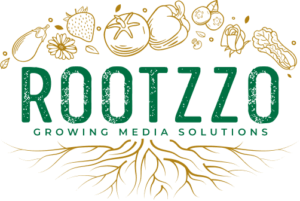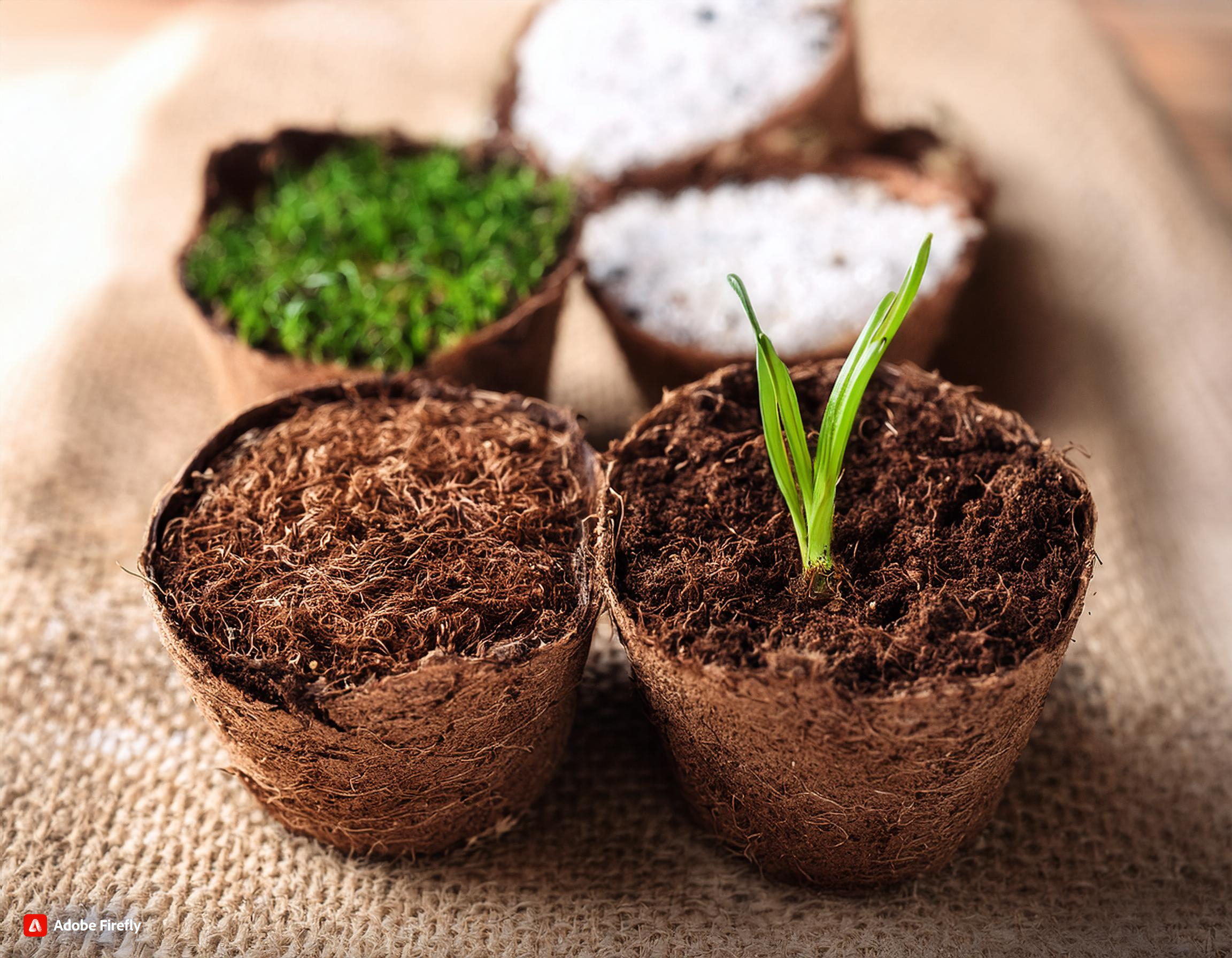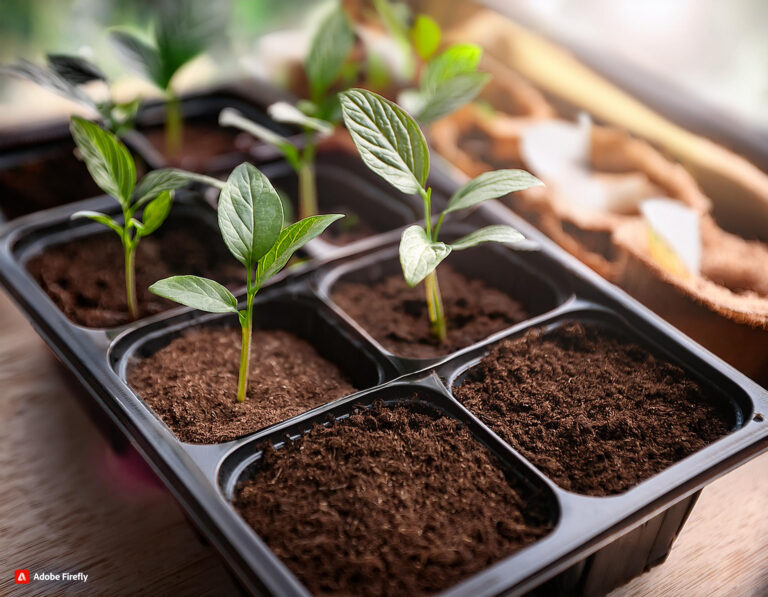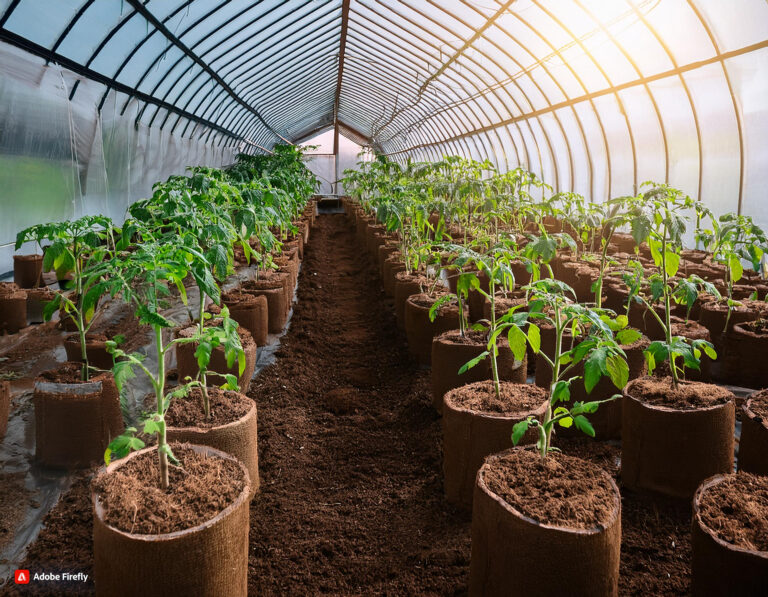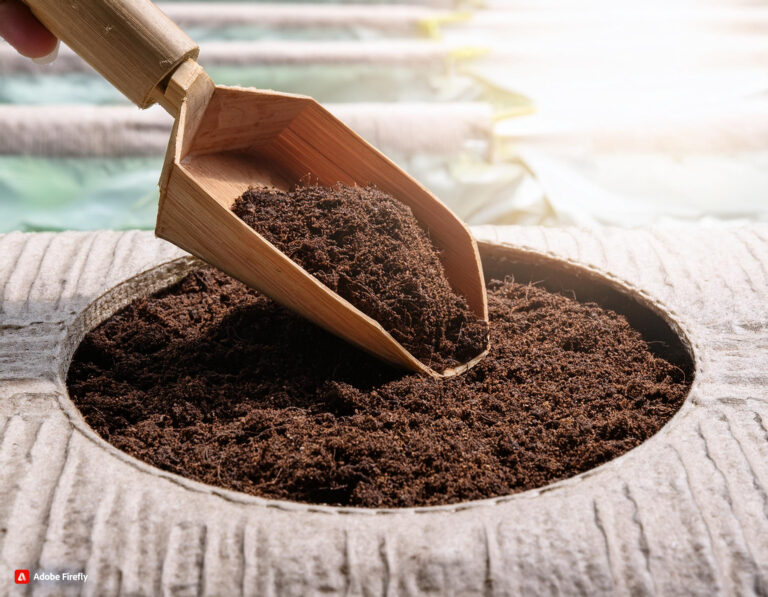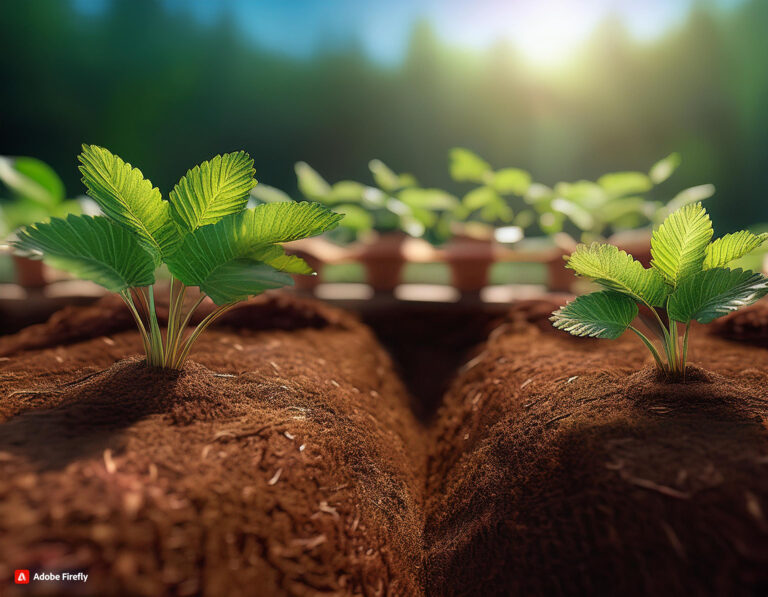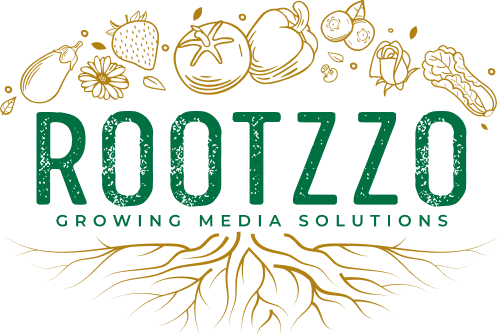When it comes to selecting a growing medium, farmers often face a dilemma between coco peat, peat moss, and rockwool. While each has its advantages, coco peat stands out for several compelling reasons.
1. Sustainability
Coco peat is derived from renewable coconut husks, making it a sustainable choice. In contrast, peat moss is harvested from peat bogs, which are non-renewable and can contribute to environmental degradation. Choosing coco peat supports eco-friendly farming practices.
2. Water Management
Coco peat offers superior water retention capabilities compared to rockwool, which can dry out quickly. While rockwool holds moisture well, it requires more frequent watering and can lead to over-saturation issues. Coco peat provides a balanced approach, ensuring plants have consistent moisture levels without waterlogging.
3. Nutrient Availability
Coco peat has a neutral pH and is rich in organic matter, providing an ideal environment for nutrient uptake. Peat moss, while also neutral, can be more acidic, potentially requiring additional amendments to achieve the right pH for certain crops. Rockwool, on the other hand, can leach nutrients and may require careful management of nutrient solutions.
4. Biological Activity
Coco peat supports beneficial microbial life, which can enhance soil health and plant growth. This biological activity is often lacking in rockwool, making coco peat a more holistic choice for growers looking to foster a thriving ecosystem within their growing medium.
Conclusion
While each growing medium has its place in agriculture, coco peat offers a unique blend of sustainability, moisture management, nutrient availability, and biological support. By choosing coco peat over peat moss or rockwool, farmers can enhance their practices and contribute to a healthier planet.
